THE BASICS
Whether you buy it or build it, there are a few items that are a must for any emergency kit to get you through any disaster situation. Remember, this isn't as simple as your average first aid kit. You'll have to prepare yourself and your family to survive any natural disaster with these essential items to get you through either a couple days or possibly a few weeks.
WATER

Any disaster guide will tell you to stock up on as much water as possible in the event of an emergency. Naturally, your community will run to the stores as fast as they can to purchase as much water as possible, quickly leading to a shortage. The next best thing you should do is keep a water filtration system so you can fill up your sink and tub with water and filter it as needed.
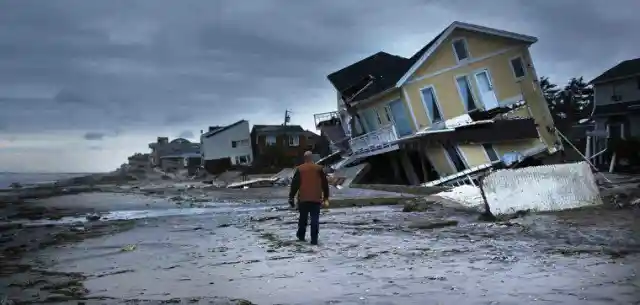
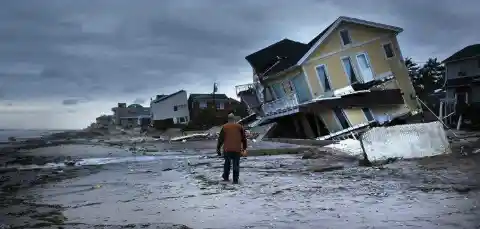
You can also turn to your hot water heater if needed. “People think you need to stash gallons and gallons, but a filter carries better and means as long as you have access to running water, your supply is nearly unlimited,” said Will Egensteiner, an associate editor at Outside Magazine.
FOOD

You should maintain three days worth of food for each person in your family. Remember, you may be without water or power, so you should resort to items that aren't perishable, including Cliff Bars or your preferred energy bar. You should also stock up on canned food that can be ingested directly from the can since you shouldn't expect to be able to heat up the contents.
LIGHT
In the event of a natural diaster, you'll want to avoid using candles. If for any reason the storm is powerful enough to cause a gas leak, you won't want to spark an explosion. It's best to store a headlamp or floodlamp.
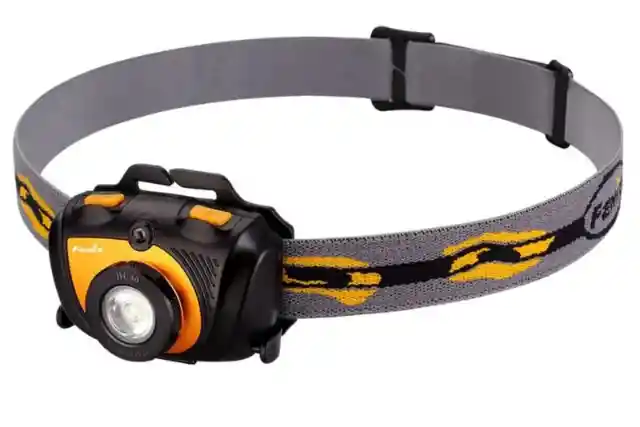
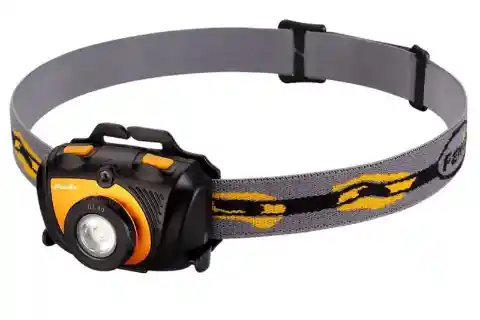
“At night, even minor problems can be a hassle if you can’t see what you’re doing,” said Rik Paul, an editor at The Wirecutter, a product review website owned by The New York Times. “While a flashlight is handy, we recommend having a headlamp.”
WHISTLE
After a natural disaster, your survival shelter may be hard to escape, especially if trees have fallen around your home or if the building itself was destroyed in some areas. If this happens, you might not have access to a cell phone and may have to resort to using a whistle to notify nearby emergency response team about your location.
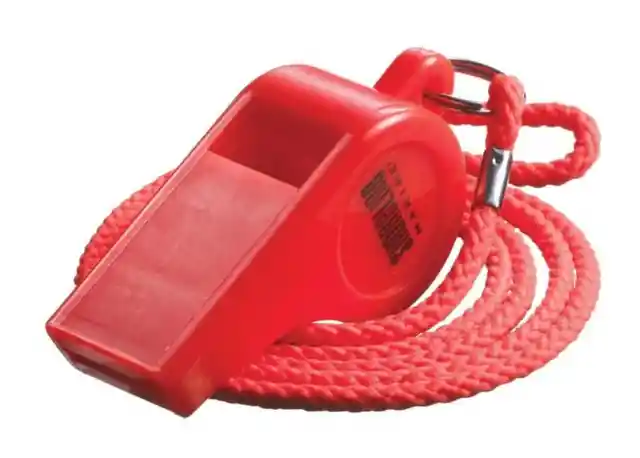
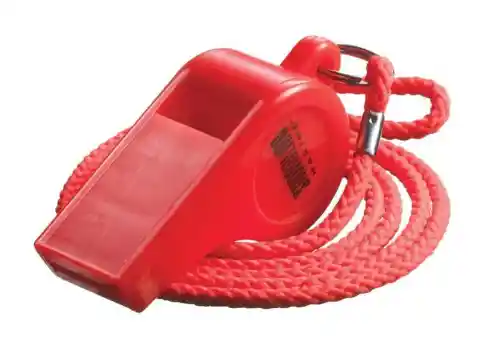
This could be the number one thing that leads to someone coming to your aid.
AIR FILTER MASK
With many forms of natural disasters come airborne debris. You'll want to have enough masks for you and your family to make sure you don't breathe in anything that could cause respiratory infection or sickness.


You don't exactly need anything complex like a gas mask, however, a surgical mask or a painter's mask will do just fine.
SOLAR BATTERIES
It's likely in the event of a natural disaster that there will be a loss of power. You'll want to have enough batteries to charge the items in your home or shelter that use them. However, there are some items that don't use batteries anymore, which is why it's important to store a solar power source.
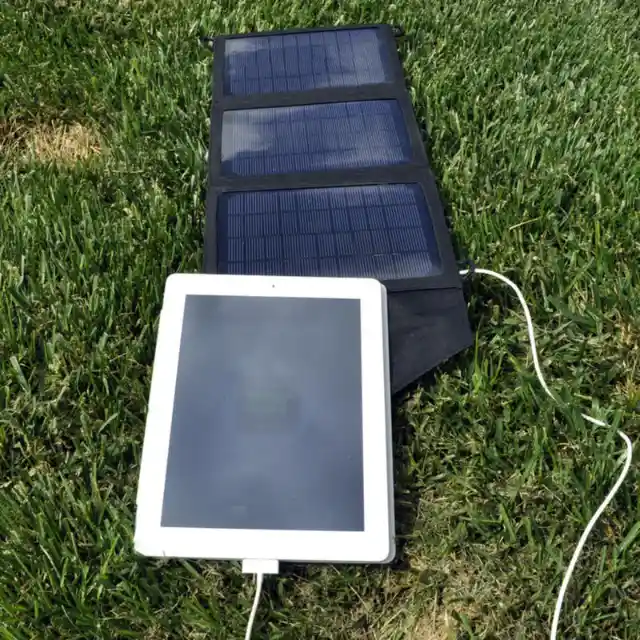
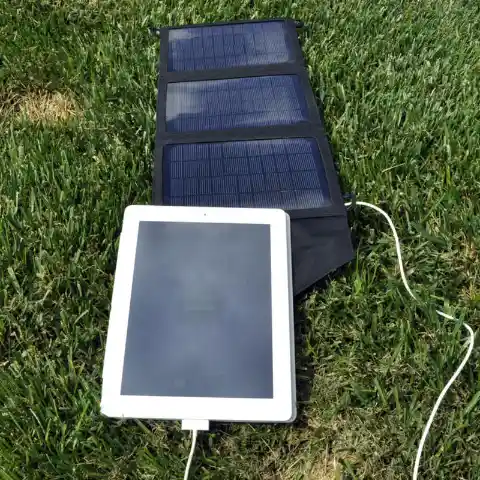
This has the potential to fully charge devices as large as a tablet with a day’s worth of sun. “It’s a good idea to check the bag every couple of years in case tech has become outdated or batteries have lost their power,” Mr. Egensteiner said.
PERSONAL ITEMS
Don’t forget to pack a few days’ supply of any medications and prescriptions you may need. This is an area of preparation where you should consider the needs of your family especially.
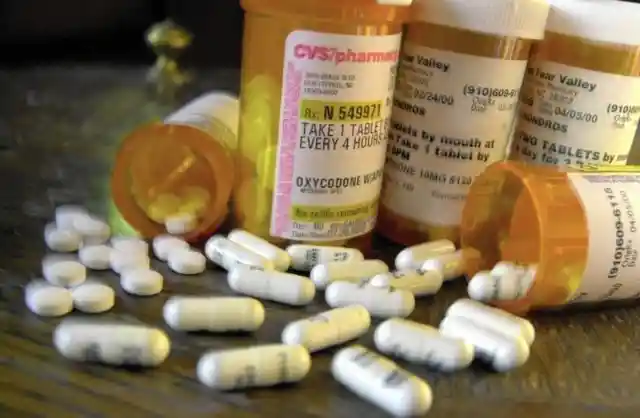
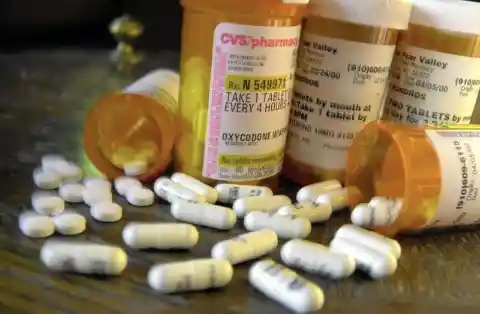
If anyone in your family has diabetes needs, blood pressure medicine, or allergy medication, you should definitely think to have those items well stocked at all times anyway.
JUST FOR YOU
You never know where you'll be when an emergency situation arises. You may not be able to contact your family right away or get a hold of friends. “You should have a general evacuation plan as well as a communication plan.
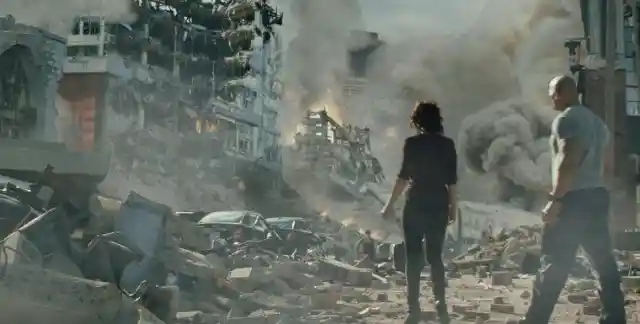
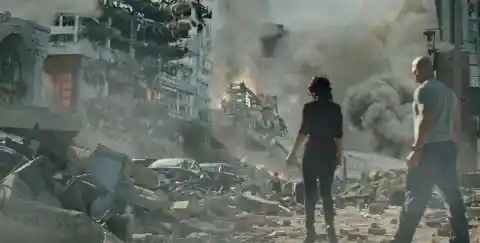
You should sit down with your family and discuss,” said Mr. Booher, the FEMA spokesman, “but also share with your friends and colleagues in case something was to happen — someone outside your immediate family would be able to track you down.” Here are some items to keep on you or at the ready in your home or office, in addition to the basics.
MULTI-TOOL
“I have one I bring climbing, one I bring camping/hiking and one for rafting,” Mr. Egensteiner said, referring to stand-up paddling.
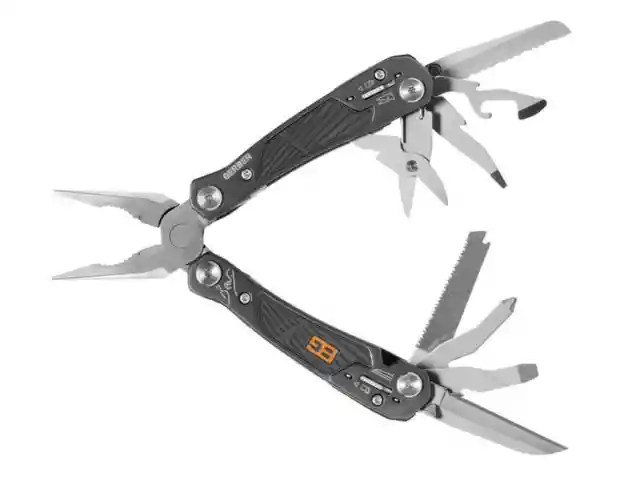
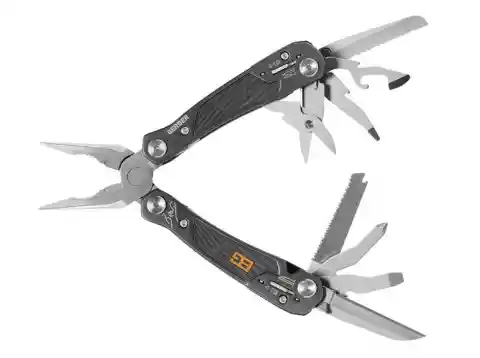
“They can do everything, and the list of tools packed into the big ones today is staggering.” A multi-tool could be a lifesaver when used to repair communication devices or in first aid situations. The best come with everything from a sharp knife and pair of pliers or tweezers to a can opener.
SPARE CLOTHES
You should consider that you'll have to hunker down for a few days or even weeks. This will require that you have spare clothing that provides the appropriate amount of warmth depending on the region you live in. You may need to consider storing a winter jacket, winter gloves, and even extra shoes.
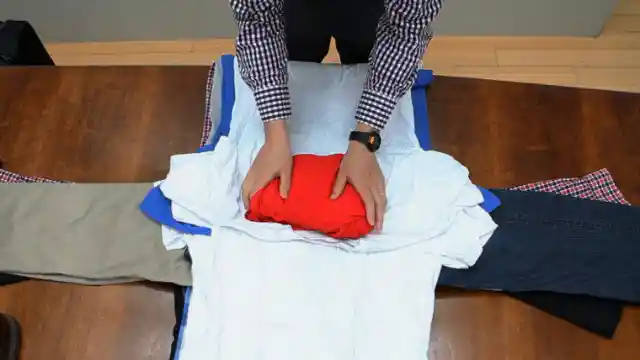

Insulation layers can include puffy jackets stuffed with wool or down, or a fleece hooded sweatshirt or vest. You may need to have a shell layer for wind and rain.
RADIO
You'll want an emergency radio that can tune into AM/FM radio, along with news stations on a National level.
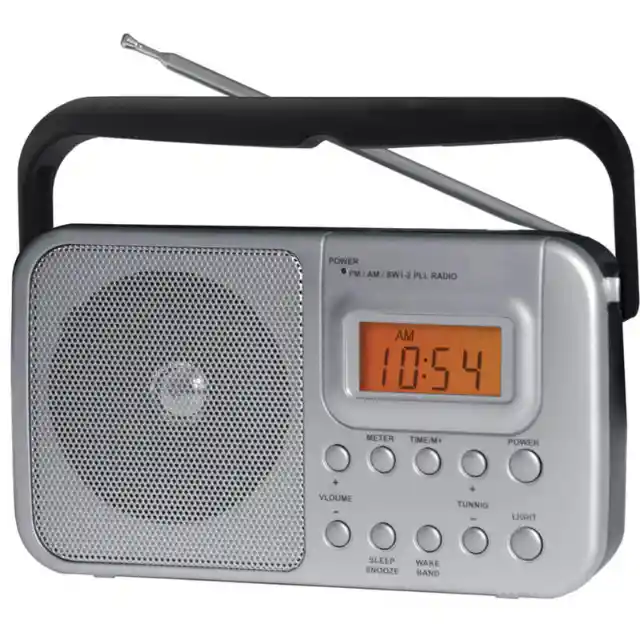
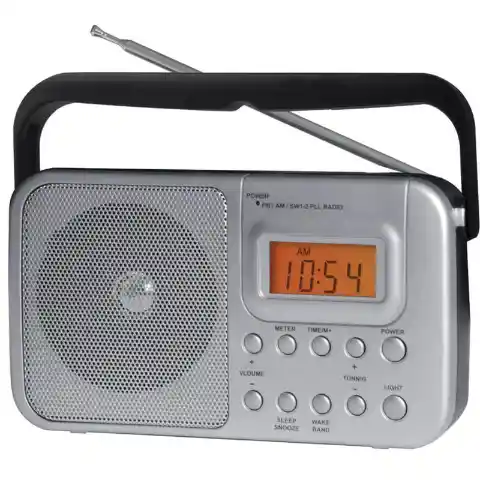
In the event of an emergency, especially a weather-related emergency, radio is your best bet to get up-to-date information on weather patterns, evacuation orders or official news from the authorities.
FOR YOUR FAMILY
When you're packing for your family, think in terms of what you might pack yourself for a few days and multiply that by the number of people you'll be providing for. Also, consider the special needs of your family members including your pets.


You should consider any medical needs and dietary needs those of your family members may require.
BLANKETS
Sleeping bags are too bulky for an emergency kit, so mylar thermal blankets are a lighter alternative. “Mylar thermal blankets or bags are windproof, waterproof and capable of reflecting more than 90 percent of your body heat,” Mr.
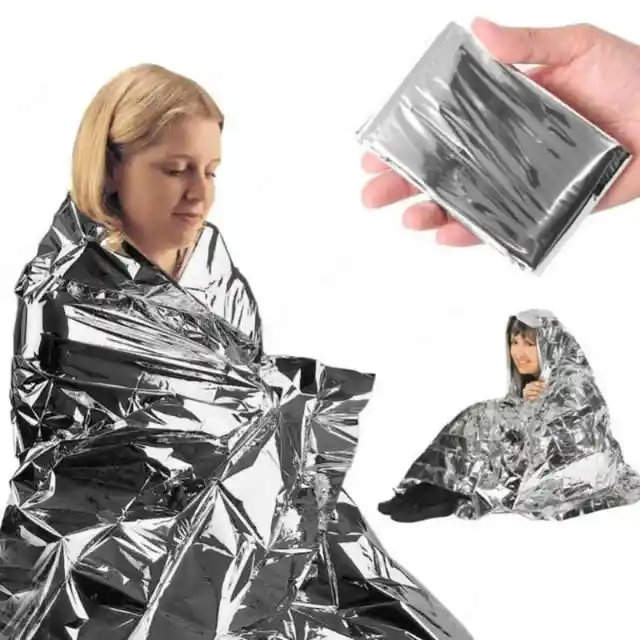
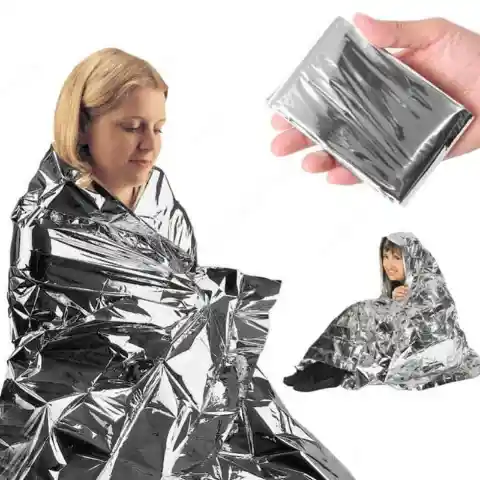
Paul, of The Wirecutter, said. “Inexpensive and easy to store, this should be the minimum you carry for warmth.” Regardless, you're going to want to provide yourself with enough blankets and pillows for you and your family to sleep comfortably and to cover yourselves from debris in case a storm is strong enough.
BLEACH
FEMA says that household chlorine bleach when diluted, nine parts water to one part bleach, can be used as a disinfectant. “Or in an emergency, you can use it to treat water by using 16 drops of regular household liquid bleach per gallon of water,” the agency said.


When water runs out at local stores in your area, you may need to turn to a method such as this to clean water you have stored in sinks and bathtubs.
WATERPROOF CONTAINER
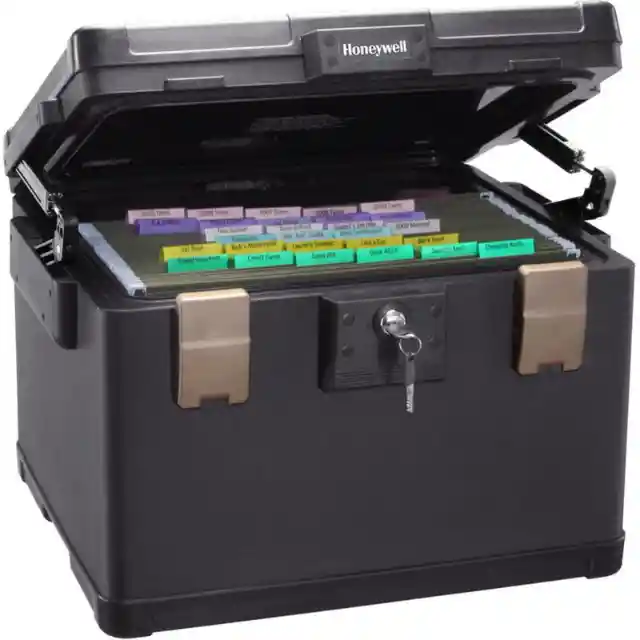
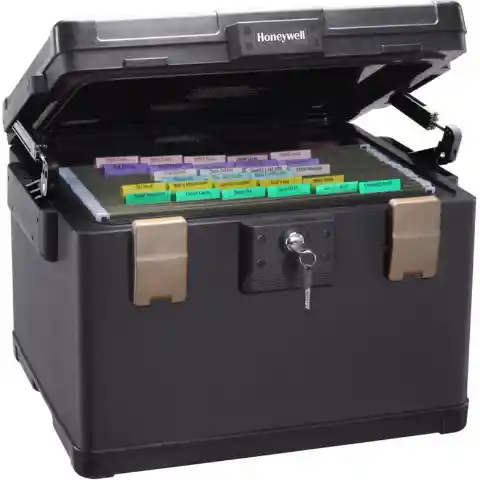
While practical for storing perishable or sensitive materials, a waterproof container that can easily fit in a backpack is also a secure place to keep insurance polices, copies of identification and any other documents you want to stay dry and safe.
PET RELATED ITEMS
“There was a huge increase in awareness and demand for pet kits after the wildfires that we had in Southern California in 2007,” Jeff Primes, the president of the disaster-preparedness company Ready America, told The Sweethome. “Over a million people had to evacuate their homes. All of a sudden there was a realization: Not only do I need supplies for me, I have to take care of the pets.” A few days’ supply of pet food, extra water and any medications your pet may need are essential to keeping them happy in an uncomfortable situation. If the weather is particularly cold, dog owners may want something like Ruffwear’s Float Coat or Track Jacket, which is also good for travel, Mr.
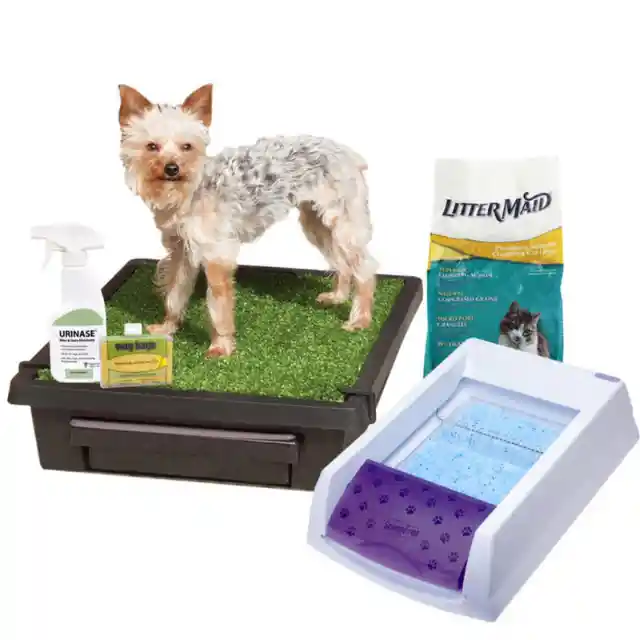
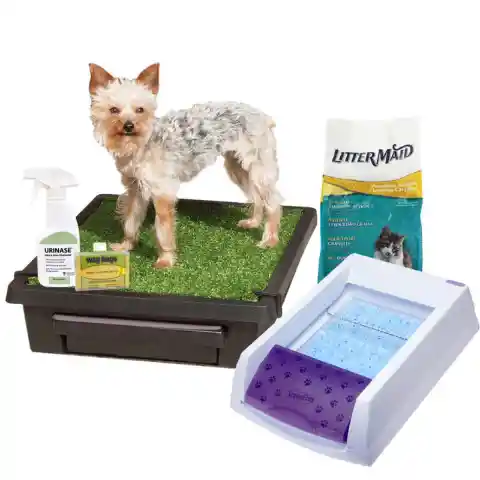
Egensteiner said. “The Float helps dogs in water situations and has a sturdy handle for picking them up, and the Track is very visible,” he said. “If there’s hoisting or high drops involved, there’s the Doubleback.” For cat owners or anyone with other small animals, consider packing some extra blankets in their pet carrier, so you can grab it all on the way out in an emergency.